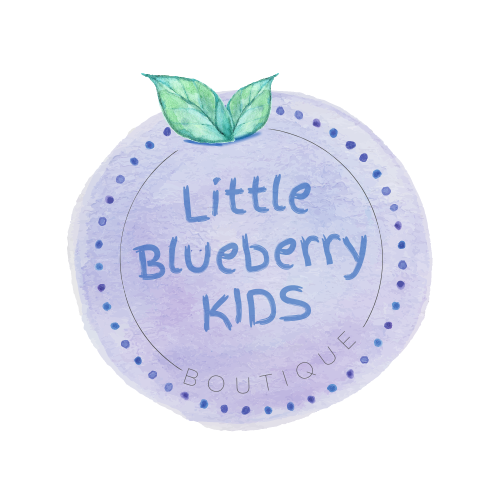Tips for Encouraging Eco-Friendly Healthy Eating Habits in Kids
Encouraging children to develop healthy eating habits is essential for their overall well-being. However, in today’s world, teaching kids about eco-friendly eating habits is equally important to create a sustainable future. By incorporating environmentally-conscious choices into their diet, children can develop habits that promote both their health and the health of our planet. Below are some tips for encouraging eco-friendly eating habits in kids.
1. Teach them the importance of locally sourced produce: Explain to your child the benefits of eating locally grown fruits and vegetables. By consuming locally sourced produce, kids reduce their carbon footprint since less energy is required for transportation. Additionally, supporting local farmers helps boost the economy and encourages sustainable farming practices.
2. Involve children in meal planning and preparation: When kids are actively involved in meal planning and preparation, they become more inclined to make healthier and eco-friendly choices. Take them along to the grocery store or farmers’ market, and let them select their favorite fruits, vegetables, and whole grains. This involvement will spark their interest in the food they consume and deepen their understanding of eco-friendly choices.
3. Promote plant-based meals: Encourage your children to have plant-based meals at least a few times a week. Teach them about the environmental benefits of eating more plant-based foods, such as reducing greenhouse gas emissions and conserving water. Explore delicious meat alternatives like tofu, lentils, and beans, which are not only eco-friendly but also packed with nutrients.
4. Reduce food waste: Teach your children about the importance of minimizing food waste. Explain how wasted food contributes to greenhouse gas emissions when it decomposes in landfills. Encourage portion control and show them creative ways to use leftovers. You can also initiate composting at home as a fun family activity, demonstrating how food scraps can be turned into nutrient-rich soil for plants.
5. Make mealtime a family affair: Eating together as a family creates an opportunity to strengthen family bonds and provide consistency in healthy eating habits. Engage in open discussions about the importance of eco-friendly eating habits, sustainability, and how food choices impact the planet. By creating a positive and supportive atmosphere, children are more likely to adopt and maintain these habits.
6. Lead by example: Children often imitate their parents’ behavior, so it is essential to be a role model for eco-friendly eating habits. Choose seasonal and organic foods, opt for reusable containers instead of single-use plastics, and grow your own herbs or vegetables if possible. Show your enthusiasm for eco-friendly choices, and your kids will be more motivated to follow suit.
Encouraging eco-friendly eating habits in children not only helps in their physical growth and development but also instills in them the values needed to create a sustainable future. By teaching kids to be mindful of where their food comes from, how it impacts the environment, and how to reduce wastage, we can empower them to make eco-friendly choices that will benefit their health and the well-being of our planet.
************
Want to get more details?
Little Blueberry Kids
https://www.littleblueberrykids.com/
2013547928
Sustainable, Eco-friendly, Ethically produced baby and kids products in small batches by women owned brands

